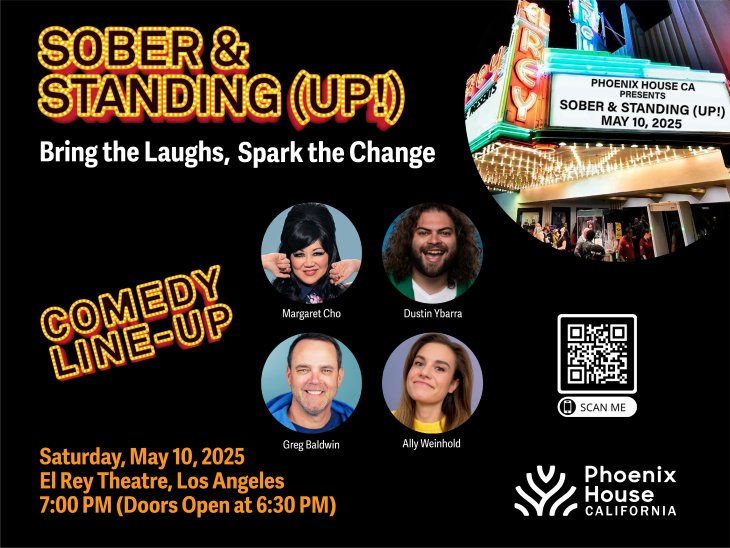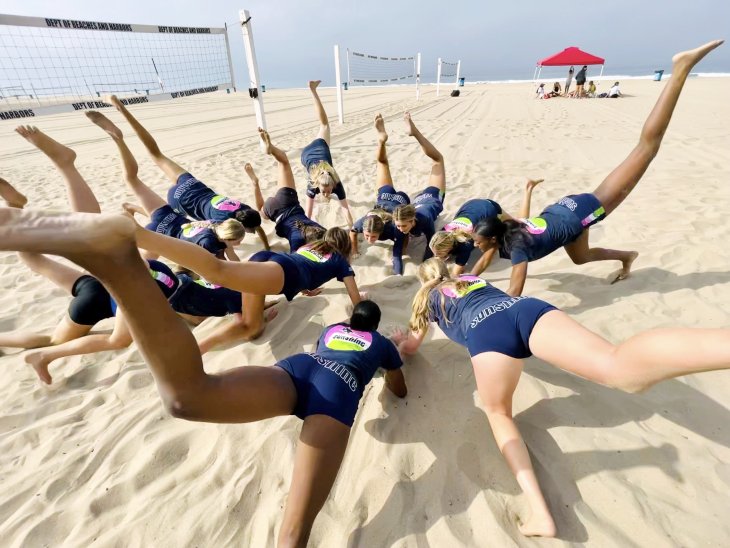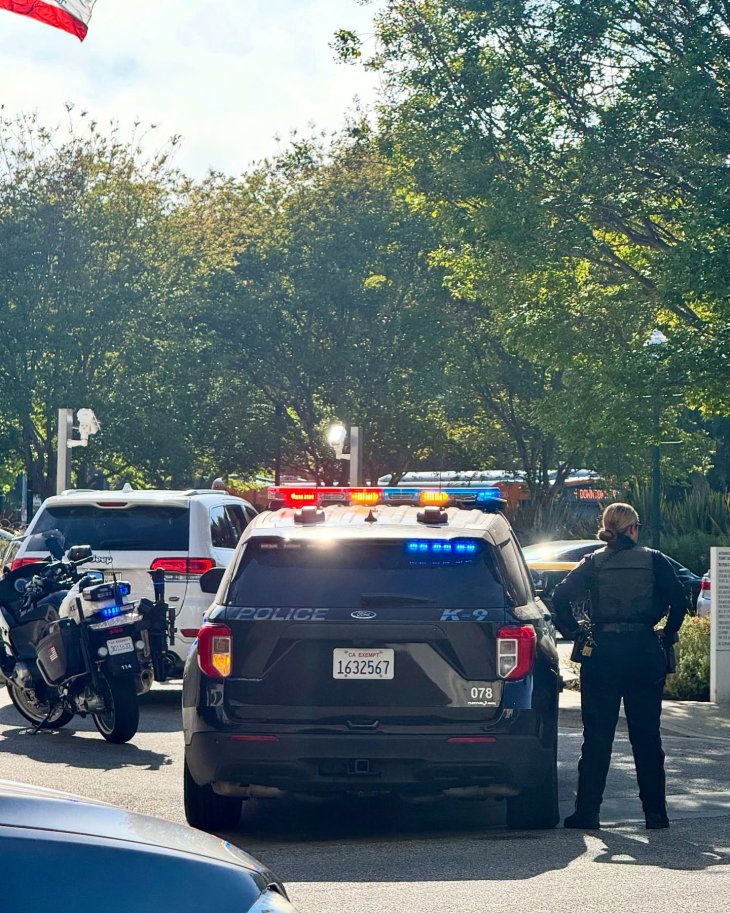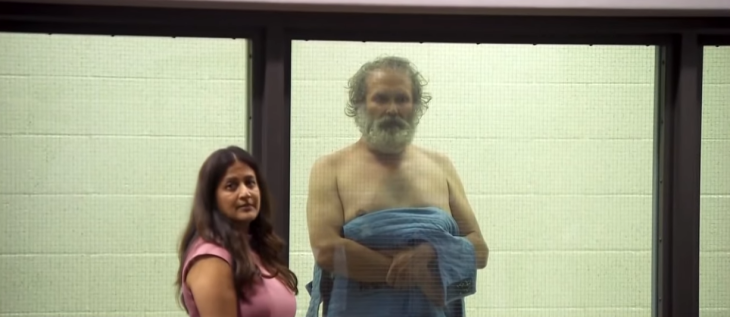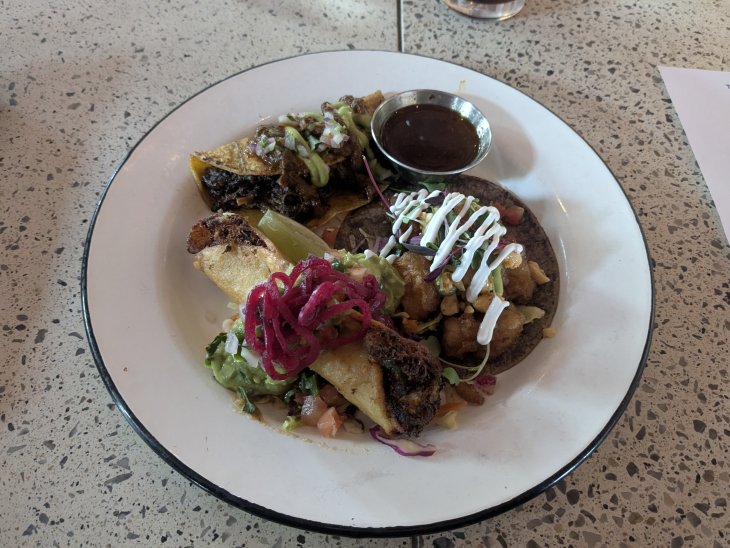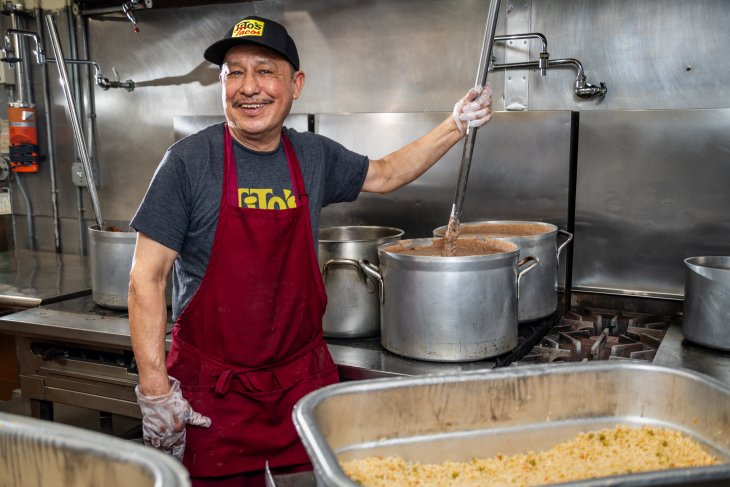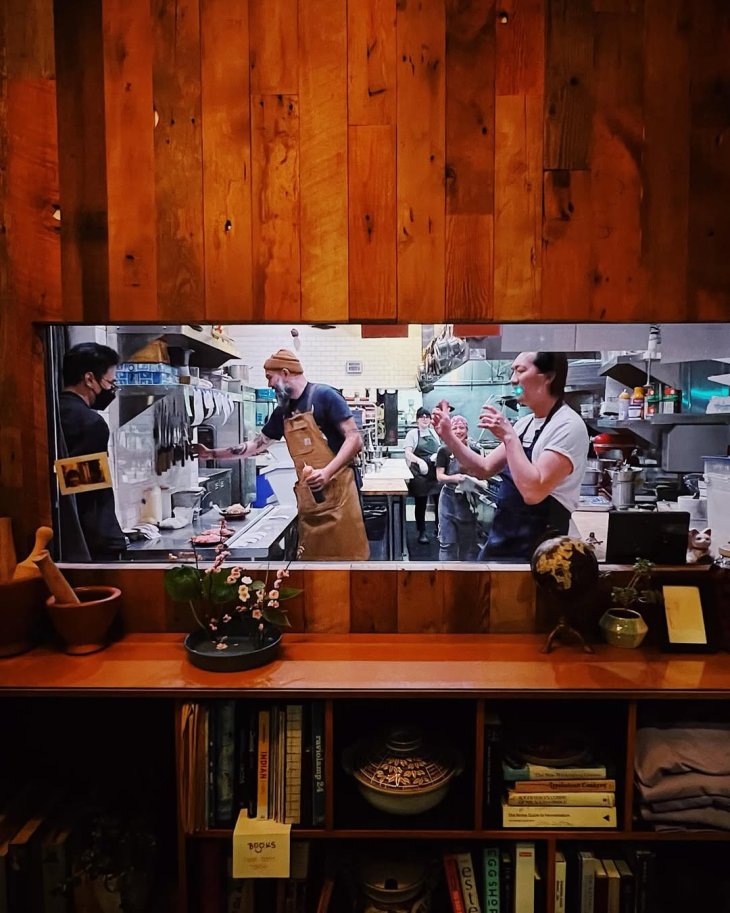
Adam Carolla testified Monday that he never reached a partnership deal with a longtime friend for a revenue share of the radio personality’s lucrative podcasts because the man kept insisting on receiving half of the income.
Testifying on his own behalf in trial of Donny Misraje’s lawsuit, the 50-year-old Carolla said he also knew about the podcast concept before he went in that direction in 2009 and that he was not serious when he said in interviews that the plaintiff came up with the idea.
“It wasn’t true,” Carolla said. “I’d done (ESPN sports personality) Bill Simmons’ podcast many times. I was only saying it because Donny was my friend and I thought it would be nice for him to be included.”
Misraje testified last week he had expected to receive a 30 percent share of millions of dollars in revenue earned during podcasting of Carolla’s shows.
Both Carolla and Misraje agree the show did not make money until 2010.
The other plaintiffs — trial of the breach-of-contract lawsuit filed in January 2013 against Carolla and Lotzi Digital is now in its second week — are Ganz’s cousin, Sandy Ganz, as well as Misraje’s wife, Kathee Schneider-Misraje.
Misraje alleges he convinced Carolla to try the podcast format in February 2009, after his syndicated radio talk show on CBS Radio was canceled when the radio station where he worked changed from a talk to a music format.
“The Adam Carolla Show” podcast was launched in 2009 and they entered into a partnership to launch Misraje’s “vision to build a multimedia podcasting network,” his court papers allege.
Misraje left a $231,000-a-year job in the entertainment business to work full-time on the new venture, according to the suit. His wife alleges she spent 40-60 hours weekly on the project, and Ganz says he rebuilt the entire website from scratch.
Carolla’s attorney, Mark Geragos, says the plaintiffs were Carolla’s employees. Questioned by Geragos, Carolla said that even without a deal, he paid Misraje for his help in assisting with the podcasts as well as with the live comedy road shows the former “Loveline” host performed nationwide in 2010.
He said he was puzzled that Misraje kept complaining he did not have enough money and that he could not spend the funds Carolla gave him.
“I paid him for every show whether he showed up or not,” Carolla said. “At that time, I thought he was eccentric or something.”
Misraje regularly ignored his request to bring a pen and paper to meetings before doing shows in cities they previously visited, Carolla testified. He said he wanted to review his joke set list with Misraje to make sure he did not use all of the same ones from the last appearance.
Misraje once showed up with a napkin instead of paper and a pen he borrowed from a cocktail server, Carolla said.
“I paid him $150,000 and he couldn’t even come up with a steno pad,” Carolla said.
Carolla, 50, said he tried to be fair to everyone.
“I wanted everybody to get along so we could move along,” he said. “That was my plan.”
Misraje never relented on his demand for a 50 percent podcast revenue share, Carolla said.
“It was a never-ending discussion,” he said. “I knew I was dealing with someone who never stopped negotiating.”
Carolla said he wanted to give something back to the 49-year-old Misraje, who was a year behind him when both were students at North Hollywood High School. Carolla said he was a “Valley kid” and that Misraje was a “hill kid” who always said the refrigerator at his parents’ home was open to the future comedian.
Carolla said his mother was on welfare and received food stamps. After college, he cleaned carpets and did construction work while taking acting classes and doing comedy shows at night, Carolla said.
Carolla said his carpentry knowledge made it possible for him to share in the building of his radio sets at warehouses he leased.
“I’m good at it and I enjoy it,” Carolla said. “Why farm it out?”
After Judge Michael Johnson told Carolla he could step down from the witness stand at the end of his testimony, Carolla asked, “That’s it?”

